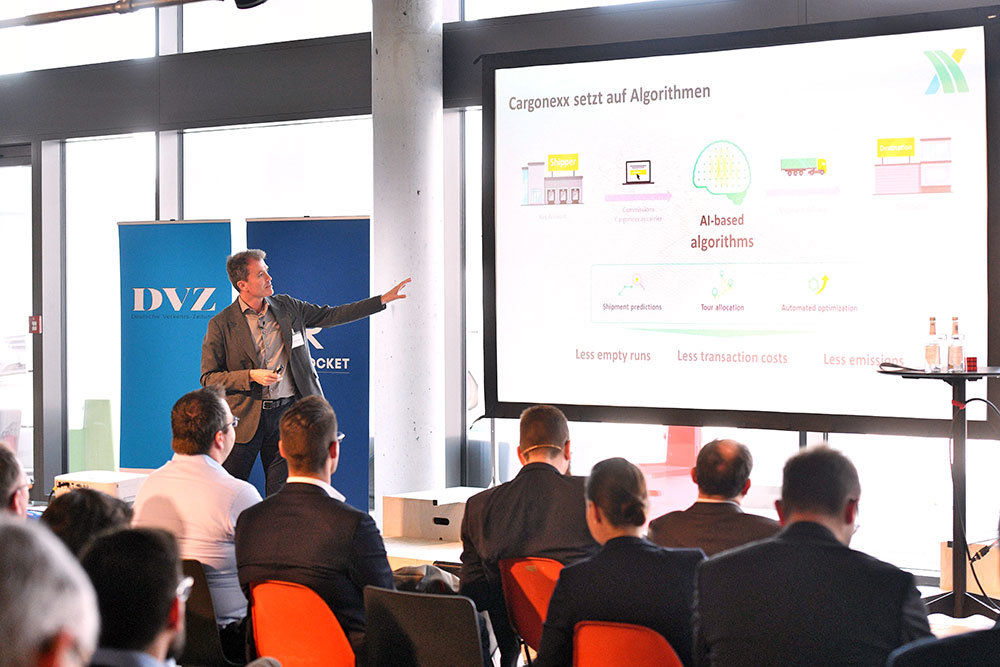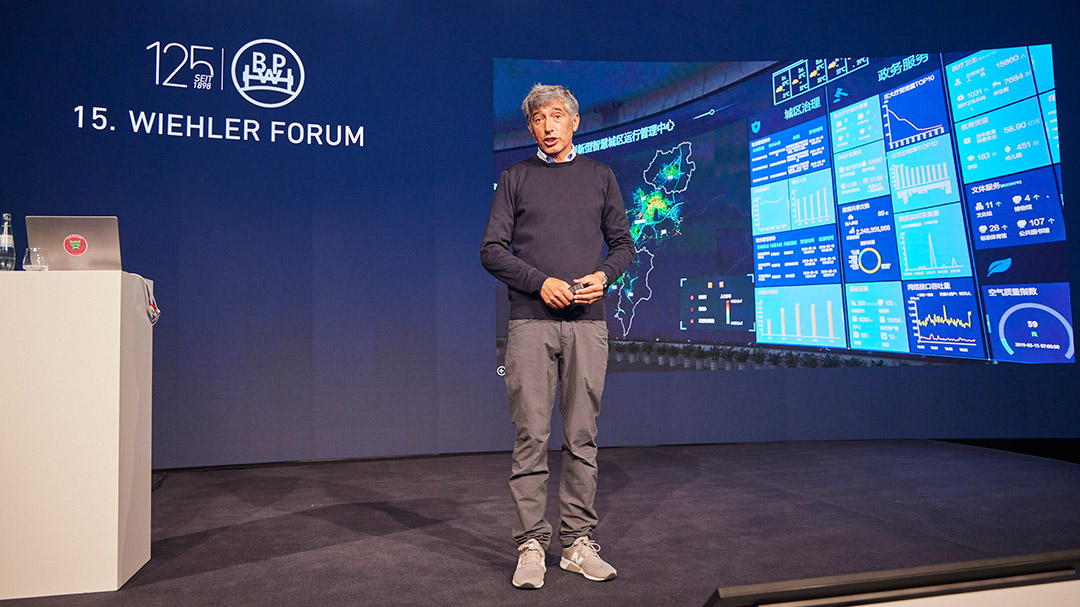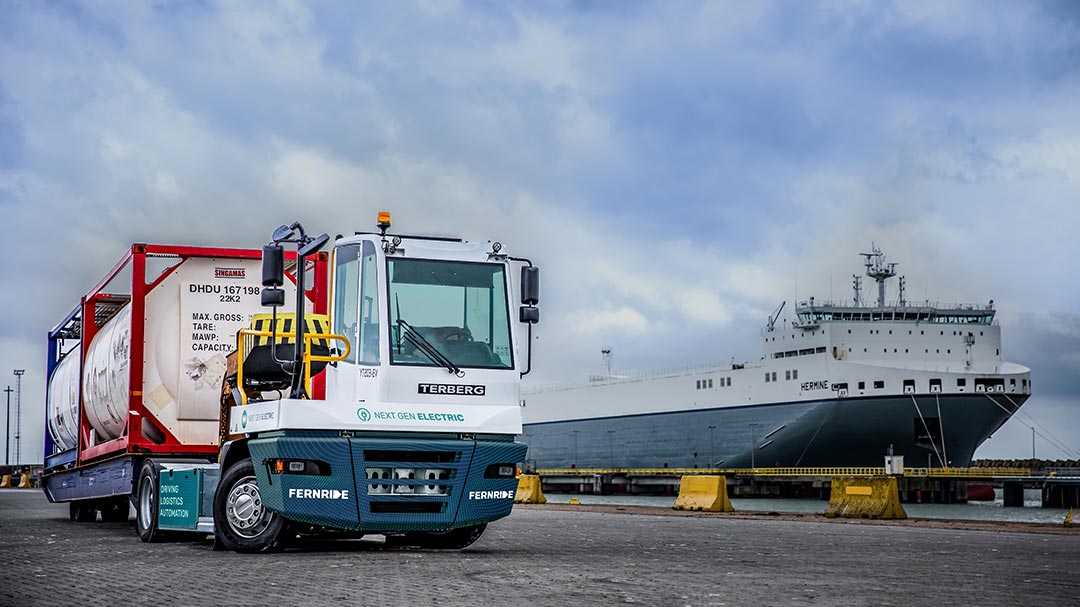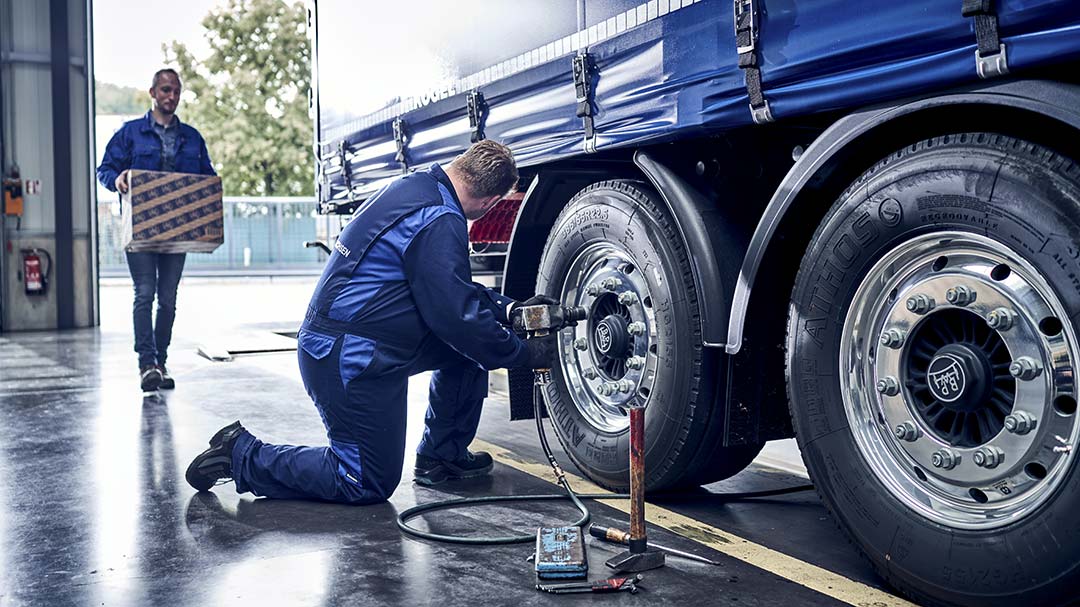Self-learning algorithms can radically change transport and logistics by enabling real-time tracking. This is no longer just a theory, but actual reality for companies in the industry: the online haulier Cargonexx has built its business model on artificial intelligence, and forwarder Hubertus Kobernuß is linking up with the start-up Evertracker. Why is it important to take action now?
A brief history of AI (video in German):
Artificial intelligence (AI) could fundamentally transform materials planning – because it contains typical patterns that AI can detect in the data. After all, this is precisely what the technology is all about: mathematical algorithms that can identify structures and recurring patterns in large quantities of data. Today, dispatchers still use human experience to calculate prices, but Rolf-Dieter Lafrenz is convinced that ‘artificial intelligence will become widespread for such routine activities because it can simply work faster and better than humans’. ‘Self-learning algorithms, on the other hand, will not make advances in any areas where additional decisions need to be made or where you need to contact and communicate with partners.’
One out of every
German transport and logistics companies already uses AI applications.
As of July 2017
Source: Sopra Steria
%
of companies in Germany plan to use AI technology in logistics or transport in the future.
As of July 2017
Source: Sopra Steria
Automated route combinations
Cargonexx handles its customers’ orders as the responsible haulier. ‘We design algorithms and try – to put it simply – to automate the dispatcher’s scheduling tasks,’ says Lafrenz. A dispatcher can handle 15 to 25 trucks; to manage a fleet of several hundred or even thousand trucks, you need the corresponding number of employees. ‘This means you never have the right number overall. That is why we use self-learning algorithms, neural networks and simple correlation models to automatically create tour combinations from the large number of jobs we receive. That is how we increase our efficiency.’ Lafrenz wants to reduce transaction costs. And for the trucks used exclusively by Cargonexx, dead mileage fell by around 50 per cent as a result. ‘We’ve acquired many new customers in the past 12 months,’ explains Lafrenz. ‘These are mainly large companies operating in the consumer goods and retail sectors, but also many ambitious medium-sized companies. Most of them first test us with a few jobs and then continuously increase the volume. The feedback has been extremely positive.’
Humans ‘at the limits of their cognitive abilities’
Hubertus Kobernuß, owner of J. Kobernuss hauling company based in Uelzen, Germany, provides an example of how a traditional haulier can integrate AI expertise into its operations. He wanted to at least partially digitise the scheduling process, so he contacted the start-up company Evertracker, a software company that had developed an AI specifically for the logistics market that uses real-time information to learn route and processing patterns. This makes it possible to identify and anticipate losses in logistics networks and supply chains. Kobernuß is convinced that logistics in Germany must be ‘radically reorganised’ in order to remain competitive in the future. ‘The challenges we face in logistics are so complex that we humans are no longer able to deal with it all. The immense quantity of information that comes flooding in every day simply makes sensible vehicle scheduling impossible. This is a complete waste of resources and drives humans to the limits of their cognitive abilities.’ He therefore contacted Evertracker with the question of whether road transport, as part of the entire supply chain, couldn’t be organised in a more intelligent way.
»The challenges we face in logistics are so complex that we humans are no longer able to deal with it all.«
Hubertus Kobernuß, owner of the J. Kobernuss hauling company

»The challenges we face in logistics are so complex that we humans are no longer able to deal with it all.«
Hubertus Kobernuß, owner of the J. Kobernuss hauling company
Managing time slots intelligently
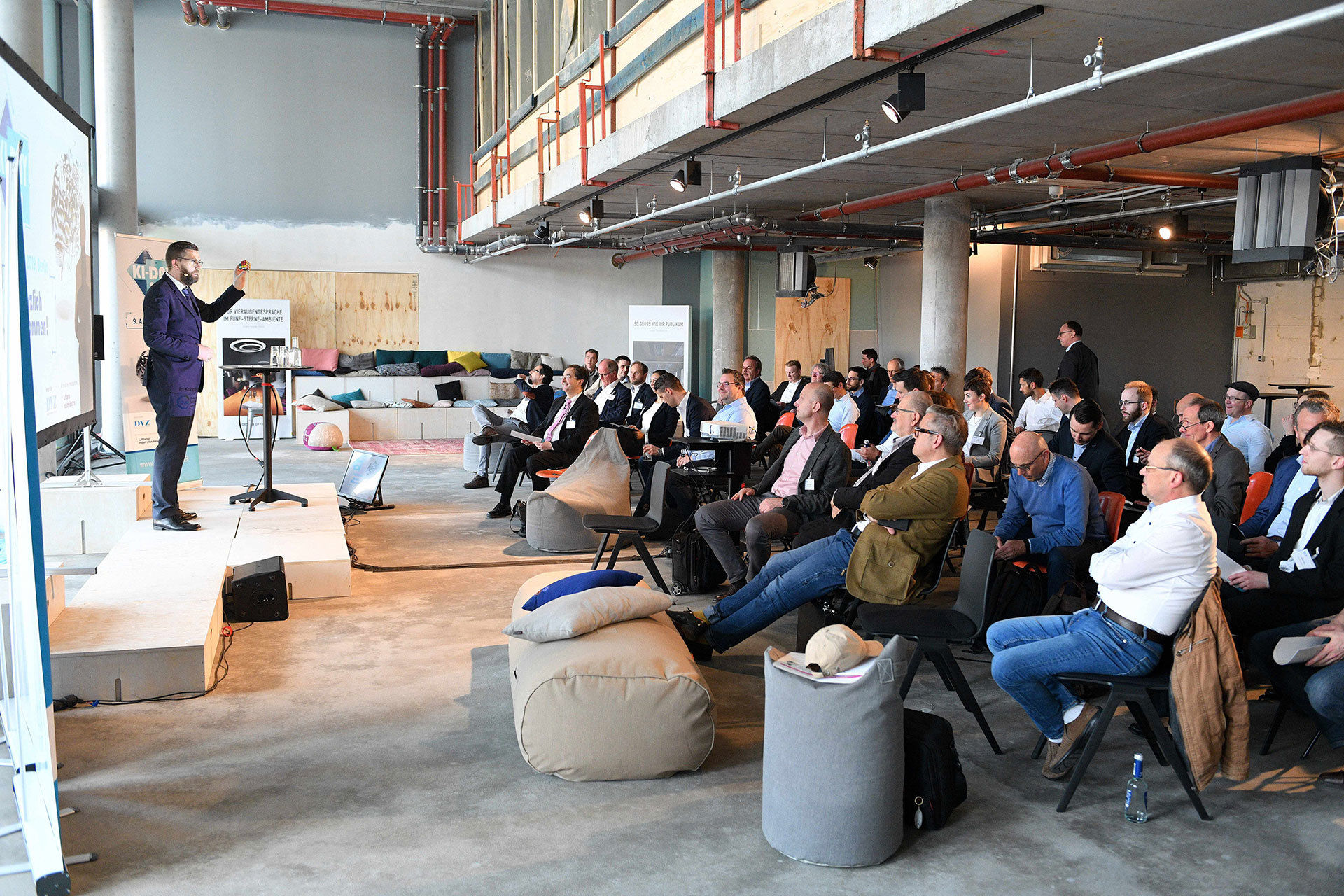
Selected business owners, among them Hubertus Kobernuß, owner of the J. Kobernuss forwarding company, and Rolf-Dieter Lafrenz, CEO of Cargonexx, presented their developments and business models at the DVZ Deutsche Verkehrs-Zeitung AI Day 2019 in Berlin.
Complete transformation within a decade

»Artificial intelligence will take over a dispatcher’s routine activities, because it can simply work faster and better than humans.«
Rolf-Dieter Lafrenz, CEO, Cargonexx
»Artificial intelligence will take over a dispatcher’s routine activities, because it can simply work faster and better than humans.«
Rolf-Dieter Lafrenz, CEO, Cargonexx
No distinction between production and transport
His vision for the future looks like this: on the shippers’ side, there will soon be no distinction between production and transport; transport orders will be generated directly by the production department. As soon as it becomes clear that the transport will take place, an automatic auction will begin via interfaces to the transport service providers – the transport job will be offered on a platform, and the hauliers can automatically submit binding price quotes on it in real time. In future, large digital transport networks will therefore be directly linked to the production and logistics systems of shippers and hauliers; transports will no longer be bid for in annual tenders, but as soon as the transport order is created. If the digital suppliers submit prices within milliseconds, orders can be awarded automatically – and the transports are also processed automatically, for example with regard to tracking and loading documents. The networks will be so large that customers will be sure to find the right truck with the necessary cargo space and equipment. ‘I believe we will see this scenario in Europe in the medium term,’ says Lafrenz. ‘And if you now say you don’t believe me, then all I can say is that the media industry didn’t believe the radical changes it went through were coming either. Change always starts off somewhat slowly. But then it often takes hold more strongly and more quickly than one would ever have believed.’

